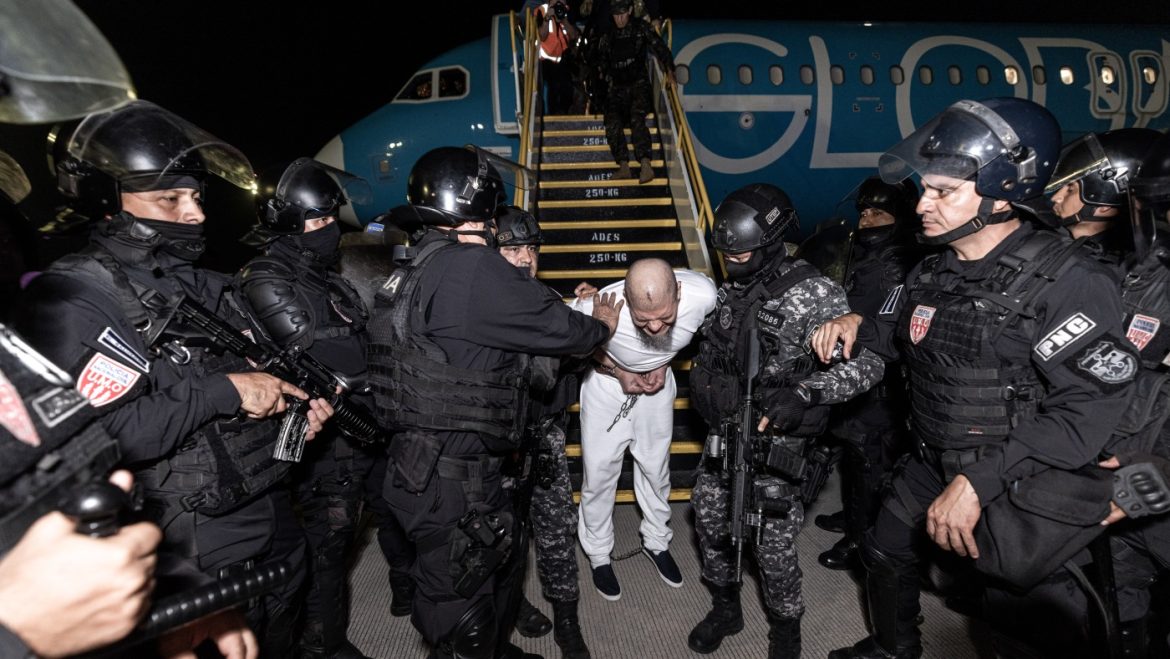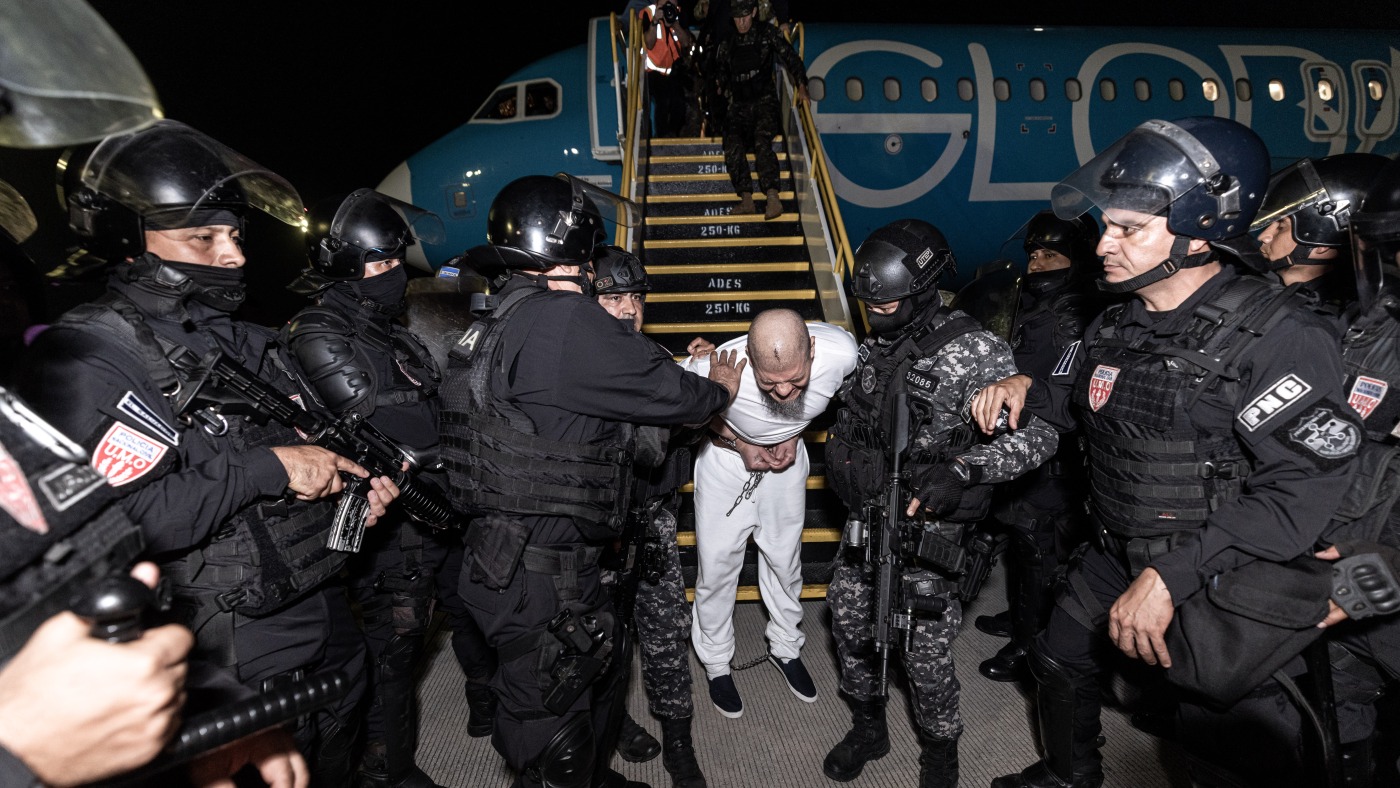The Tren de Aragua Conundrum: A Deep Dive into U.S. Intelligence Findings
The political landscape is often a maze of assertions and counter-assertions, where facts can be elusive and interpretations varied. The recent revelations from U.S. intelligence regarding the Tren de Aragua (TDA) gang and its alleged ties to the Venezuelan government have added another layer to this complexity. This report delves into the intricacies of the intelligence memo, its implications, and the broader context of U.S.-Venezuela relations.
The Intelligence Memo: Key Findings
Lack of Direct Control
The U.S. intelligence community has consistently asserted that Venezuelan President Nicolás Maduro does not direct the Tren de Aragua gang. This conclusion, drawn from multiple intelligence assessments, undercuts the White House’s justification for invoking the Alien Enemies Act against TDA members. The memo, partially declassified, states that the Maduro regime is “probably not directing” the gang’s activities within the U.S. This finding is significant as it challenges the narrative that the Venezuelan government is orchestrating criminal activities in the United States.
Moderate Cooperation
While the memo dismisses direct control, it acknowledges a moderate level of cooperation between the Venezuelan government and the TDA. This nuance is crucial as it suggests a more complex relationship than outright direction. The FBI, in a separate assessment, believes that Venezuelan officials use TDA members as proxies in the U.S. This proxy relationship could involve various forms of support, from logistical assistance to tacit approval of the gang’s activities.
Implications for U.S. Policy
Legal and Political Ramifications
The intelligence memo has significant legal and political implications. The Alien Enemies Act, invoked by President Trump, allows for the deportation of migrants from countries deemed hostile to the U.S. The memo’s findings weaken the legal basis for this act, as they cast doubt on the alleged ties between the Venezuelan government and the TDA. Politically, the memo challenges the Trump administration’s hardline stance on immigration and its narrative of a Venezuelan government actively working against U.S. interests.
Policy Shifts
The findings could lead to a shift in U.S. policy towards Venezuela and its migrants. If the U.S. intelligence community’s assessment holds, it may prompt a reevaluation of the Alien Enemies Act’s application to Venezuelan migrants. This could result in a more nuanced approach, distinguishing between genuine security threats and migrants fleeing economic hardship and political instability.
The Broader Context: U.S.-Venezuela Relations
Historical Tensions
U.S.-Venezuela relations have been fraught with tension, particularly under the Maduro regime. The U.S. has imposed numerous sanctions on Venezuela, accusing the government of human rights abuses, corruption, and undermining democratic institutions. The TDA issue is just one facet of this broader conflict, but it highlights the complexities of U.S. policy towards Venezuela.
The Humanitarian Crisis
Venezuela is currently facing a severe humanitarian crisis, with millions of people fleeing the country due to economic collapse and political repression. The U.S. has been grappling with a significant influx of Venezuelan migrants, leading to debates about immigration policy and national security. The intelligence memo’s findings could influence these debates, emphasizing the need for a balanced approach that addresses security concerns without unfairly targeting vulnerable migrants.
Conclusion: A Call for Nuance
Embracing Complexity
The Tren de Aragua conundrum underscores the need for nuance in U.S. policy towards Venezuela and its migrants. The intelligence memo’s findings challenge simplistic narratives of government control and criminal activity, revealing a more complex reality. As the U.S. continues to navigate its relationship with Venezuela, it must embrace this complexity, distinguishing between genuine security threats and the desperate plight of migrants seeking a better life.
The Path Forward
Moving forward, the U.S. should prioritize a balanced approach that addresses security concerns while providing humanitarian assistance to Venezuelan migrants. This involves reevaluating the application of the Alien Enemies Act, supporting regional efforts to manage the migrant crisis, and engaging in constructive dialogue with the Venezuelan government, despite the challenges. Only through such a nuanced and comprehensive strategy can the U.S. effectively address the multifaceted issues stemming from its relationship with Venezuela.


